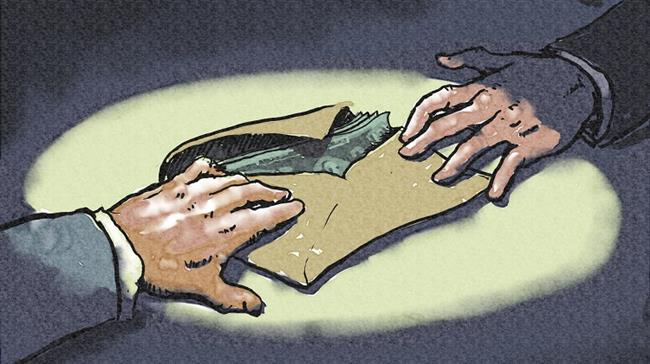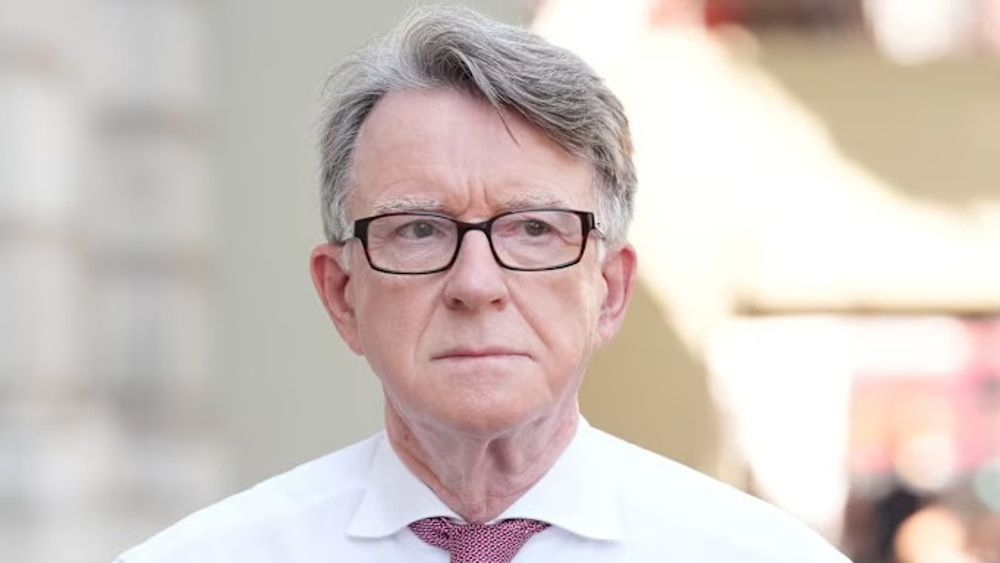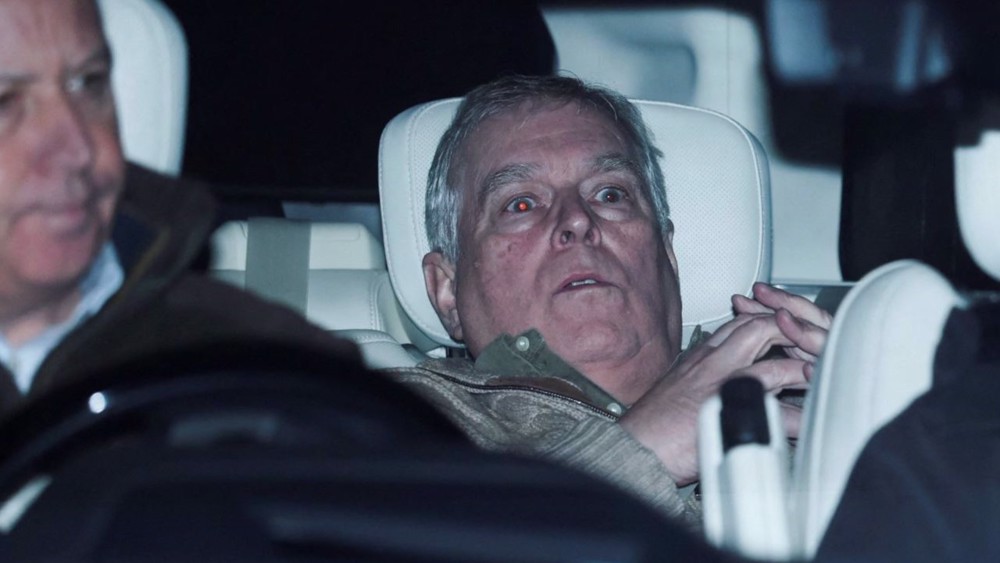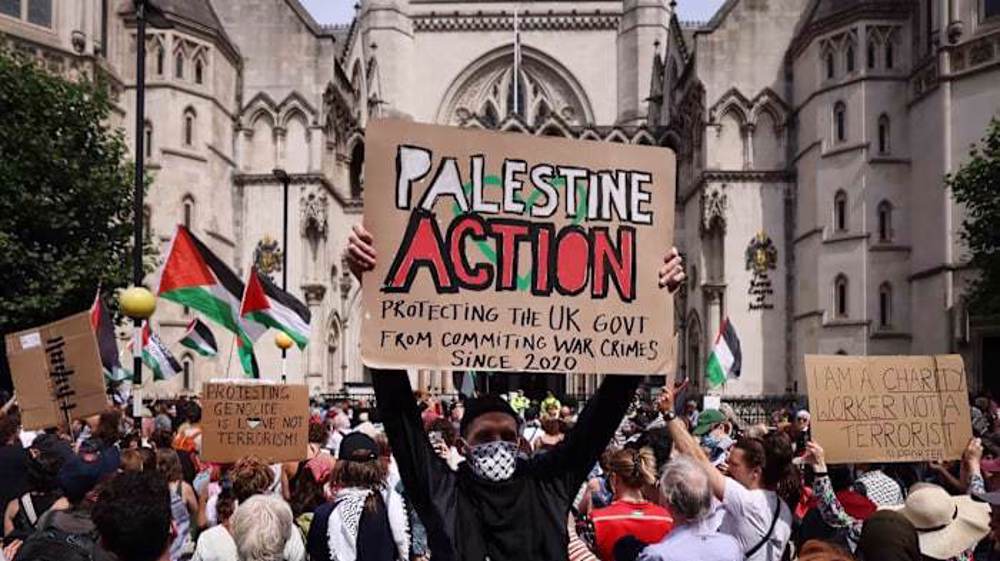House of Commons or House of Corruption
The House of Commons is often touted by the British establishment as a bastion of democracy and the oldest Parliament in the world.
The House of Commons’ official website (www.parliament.uk) describes the modern British Parliament as “one of the oldest continuous representative assemblies in the world”.
The British establishment also has a habit of depicting the House of Commons as squeaky clean, a House that is inhabited by loyal servants of the people.
But to what extent is this portrayal an accurate description of the state of affairs in the British Parliament?
Most people will remember the parliamentary expenses scandal of 2009 in which hundreds of MPs were proven to be improperly claiming expenses.
Once the investigation into the full scope of the scandal was completed, it was revealed that more than half the House – 389 MPs in total – had improperly claimed expenses.
The Daily Mail reported on February 05, 2010, that MPs had claimed a record £95.6 million in expenses in 2008-09, an increase on £92.9 million the year before.
But astonishingly, a full year after the scandal came to light, hundreds of MPs were still enjoying the “gravy train” (to quote from The Daily Mail).
The irony of the scandal was that in the end MPs were ordered to repay a total of £1.1 million (a fraction of the expenses that had been improperly claimed) whilst the enquiry into the scandal, led by Sir Thomas Legg, cost £1.16 million.
Despite the gravity of the scandal, only a handful of MPs were prosecuted for what amounted to the theft of public funds.
And amongst the prosecutions only six Parliamentarians – four members of the House of Commons and two members of the House of Lords – were sent to prison.
The longest sentence – a mere 18 months – was imposed on David Chaytor, former Labour MP for Bury North. He was given an 18 months custodial sentence in January 2011 but was released in May 2011 after serving only a third of his sentence.
But the expenses scandal was preceded by the Life Peerages scandal (also known as the Cash for Honours scandal) of 2006-2007, which centred on the connection between political donations and the award of life peerages.
The scandal reached epic proportions in December 2006 when Tony Blair became the first ever serving British Prime Minister to be questioned by police officers investigating allegations of corruption.
Blair was questioned by police for a second time in late January 2007 over cash-for-honours allegations.
The investigation into the scandal led to a series of arrests of powerful individuals at the heart of the British establishment, including former government advisor, Desmond Smith, former director of Government Relations at 10 Downing Street, Ruth Turner and former chief fundraiser for the Labour party, Lord Michael Levy.
Another unprecedented feature of the case was the police’s questioning of serving government ministers, including Patricia Hewitt (former Secretary of State for Health) and Jack McConnell (the former First Minister of Scotland).
In a damning review of the scandal, The Telegraph wrote in April 12, 2008, that the scandal had “rocked Whitehall to its core” as “stunned officials watched as a series of Number 10’s most powerful figures were arrested or questioned by officers on the investigating team”.
Yet another parliamentary-related scandal broke out in March 2010 after four former Labour cabinet ministers were accused of offering to use their political influence in return for substantial payments.
The then MPs Stephen Byers, Patricia Hewitt, Geoff Hoon and Margaret Moran, were secretly recorded discussing payment with an undercover reporter posing as a company executive seeking to hire MPs for lobbying work.
A similar scandal, dubbed “cash for access”, engulfed former foreign secretaries Jack Straw and Malcolm Rifkind in February 2015. The two establishment giants were initially accused of breaching the parliamentary code of conduct.
Straw and Rifkind were secretly filmed by an undercover reporter, whilst offering to use their positions on behalf of a fictitious Chinese company, in return for substantial financial remuneration.
Two years later, a different form of scandal, one centred on sexual corruption, engulfed Westminster.
The scandal, which broke out in October 2017, implicated leading MPs, including Tory MP, Chris Pincher, who was forced to step down as a government whip after accusations of improper behaviour towards women.
But the biggest victim of the “Westminster sexual scandal” was former defence secretary, Sir Michael Fallon, who was forced to resign after complaints about his conduct by a Conservative party activist.
The scandal prompted former Prime Minister, Theresa May, to call for a “new culture of respect”, but critics doubt if there is sufficient will to change Westminster’s toxic attitude to sexuality.
In addition, a series of other scandals has ensnared individual parliamentarians from both Houses. In July 2015, Lord Sewel was forced to resign from the House of Lords after being filmed taking drugs with prostitutes.
And these are only the scandals that have come to the public’s attention at the right time. There have been cases where the truth about the corrupt conduct of British parliamentarians has only come to light following their death.
The most notorious case involved the late Cyril Smith, a former Liberal party MP, who was revealed to have engaged in serial child sexual abuse after his death in 2010.
In a further twist, it was later revealed that the British security service, MI5, knew the truth about Cyril Smith but had (for unknown reasons) influenced prosecutors to take no action against the paedophile MP.
How many more Cyril Smiths are out there?
Rupert Cansell, Investigative Journalist
VIDEO | Trump’s 2026 State of the Union speech bellicose, short on policy
Iran’s president sees 'good outlook' for nuclear talks with US
Peter Mandelson suspected of misconduct in public office as UK envoy to US
Iran's foreign minister leaves for Geneva for third round of US talks
Iran dismantles foreign-backed terror network in Southeast
VIDEO | Press TV's news headlines
US imposes more sanctions on Iran ahead of new round of talks
UK engaged in 'systematic' suppression of pro-Palestine voices: Report










 This makes it easy to access the Press TV website
This makes it easy to access the Press TV website